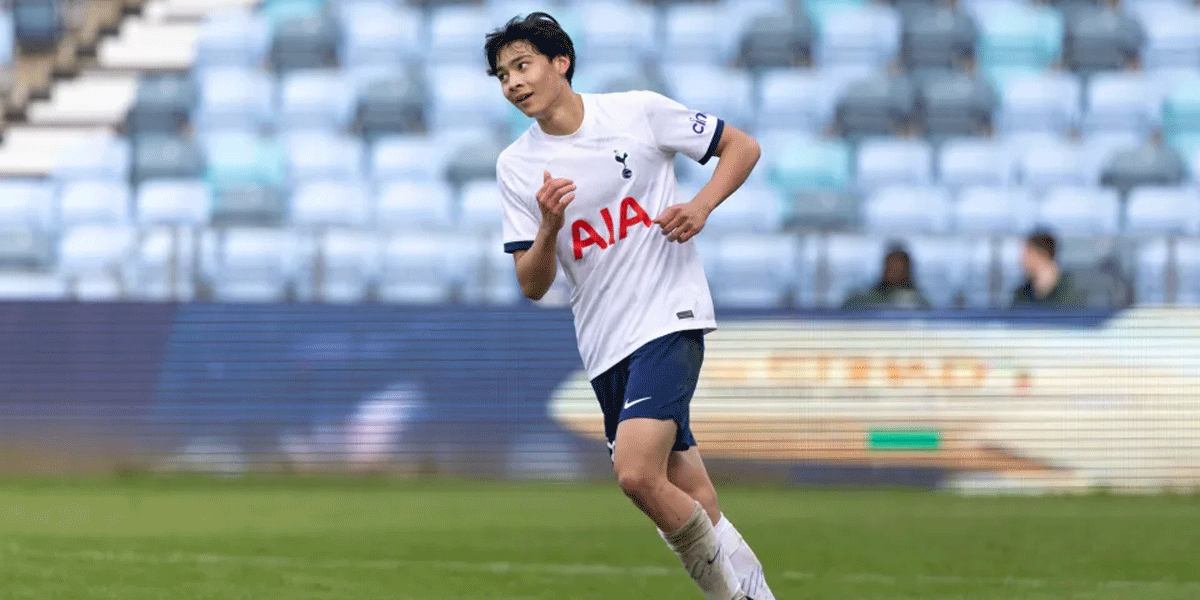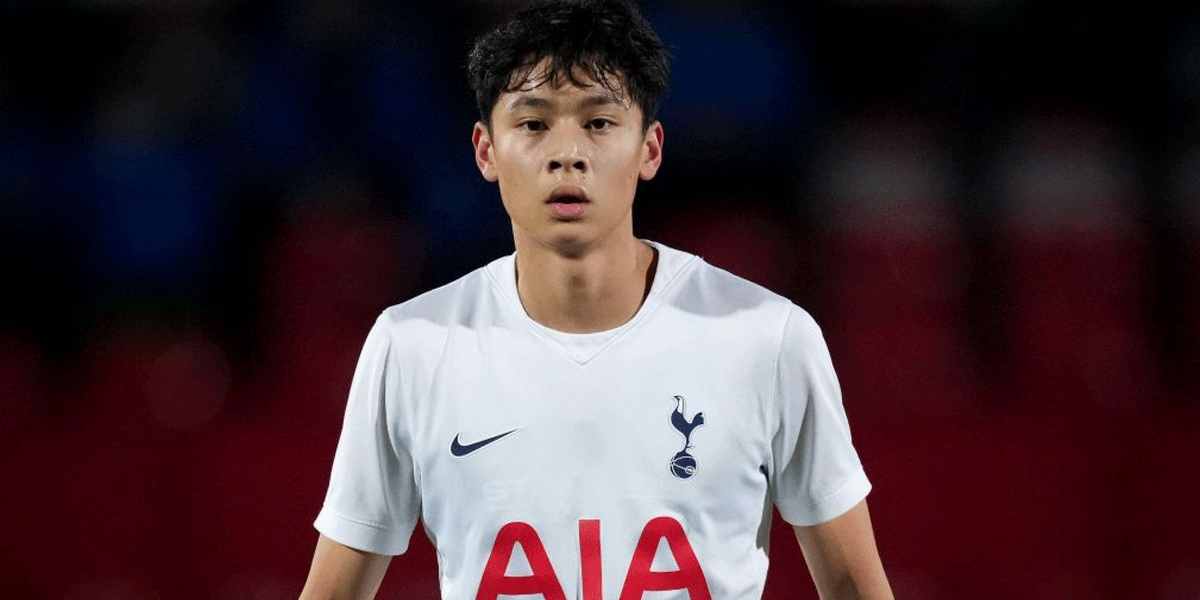Han Willhoft-King’s decision to retire from professional football at just 19 surprised many who had followed his development. Below you will see information about is news which has been summarized The Football Insight.

After more than a decade at Tottenham’s academy and a move to Manchester City’s Under-21s, he was widely considered a future Premier League midfielder. Training under big names like Yaya Toure and joining Antonio Conte’s Spurs sessions only strengthened expectations around him.
However, injuries repeatedly stalled his progress and disrupted any momentum he tried to build. A significant setback shortly after joining Manchester City left him frustrated with the constant cycle of recovery and competition. Despite earning England youth caps and gaining access to world-class facilities, he struggled to find a stable rhythm in his career.
Alongside the physical challenges, Willhoft-King increasingly realised he no longer felt fulfilled by the lifestyle of a young professional athlete. Long hours with little stimulation outside of training made him question whether football alone could satisfy his ambitions.
Guardiola’s Intensity and the Turning Point
Willhoft-King gained valuable insight into elite football after participating in Manchester City first-team sessions under Pep Guardiola. He described being amazed by the quality of players like Kevin De Bruyne and Erling Haaland and impressed by Guardiola’s animated, energetic coaching style. Training at that level showed him how high the standards truly were.
But that experience also tested him mentally. He recalled sessions dominated by relentless pressing drills, where academy players would “run like dogs” trying to win the ball back from world-class talents. The gap in level made the sessions feel punishing rather than inspiring, and over time the excitement of training with stars faded.
This daily grind contributed to a sense of disillusionment. Instead of feeling motivated, he often dreaded the intensity and found his enjoyment slipping away. Eventually he realised that professional football no longer aligned with what he wanted from his life.
Read Also: Ajax Prioritizes Technical Director Hunt as Maxwell and Cruyff Emerge as Leading Candidates
Choosing a Future Beyond the Pitch

As he reflected on his long-term goals, Willhoft-King began to see that football might not offer him the fulfilment or stability he sought. Even a solid career in the lower leagues, he felt, would not guarantee the intellectual challenge he craved. He questioned whether a decade in the game would leave him satisfied once it ended.
He also recognised that he was spending too many hours unchallenged, something he felt was at odds with his personality. His academic background, paired with his strong results in A-levels, made university an appealing path. Oxford offered the stimulation and long-term opportunities he believed football could not. Ultimately, he saw education as a platform for a more sustainable and meaningful future. With that clarity, he made the bold decision to step away from the sport entirely and pursue law instead.
A New Path Built on Confidence and Perspective
Willhoft-King’s story stands out because few young players walk away from top academies by choice. Yet his decision reflects a mature perspective shaped by both the highs and lows of elite football. He knew the risks, the uncertainties, and the limited longevity of the sport.
Rather than chasing a career that no longer excited him, he chose a path that aligned with his personal goals. The environment at Oxford academically challenging and socially engaging immediately made him feel more stimulated and fulfilled.
His journey shows that success is not defined by reaching the Premier League but by pursuing a life that matches one’s ambitions. For Willhoft-King, leaving football was not a failure, but a confident step toward a future he truly wanted. Follow footballcoasters.co.uk for weekly deep dives into football’s biggest story.